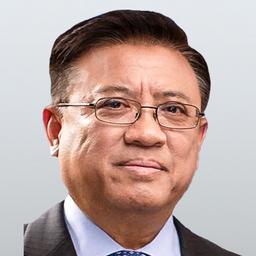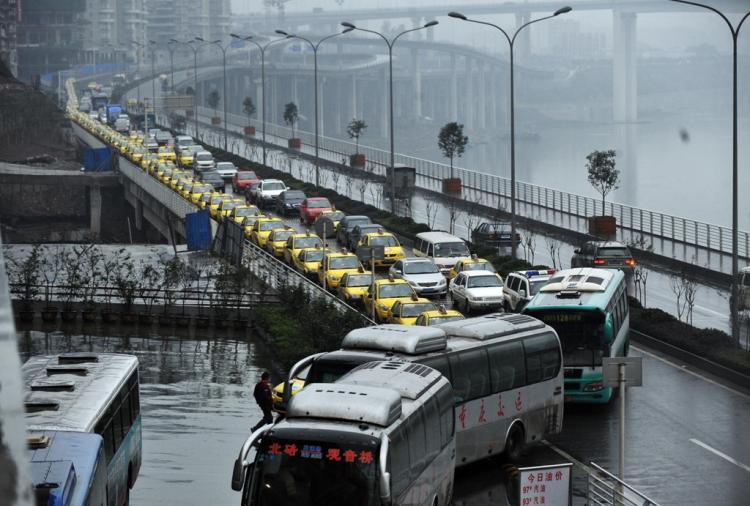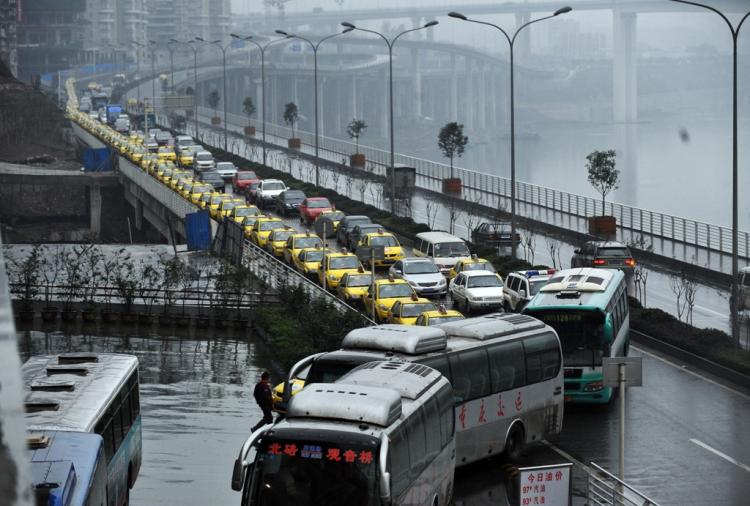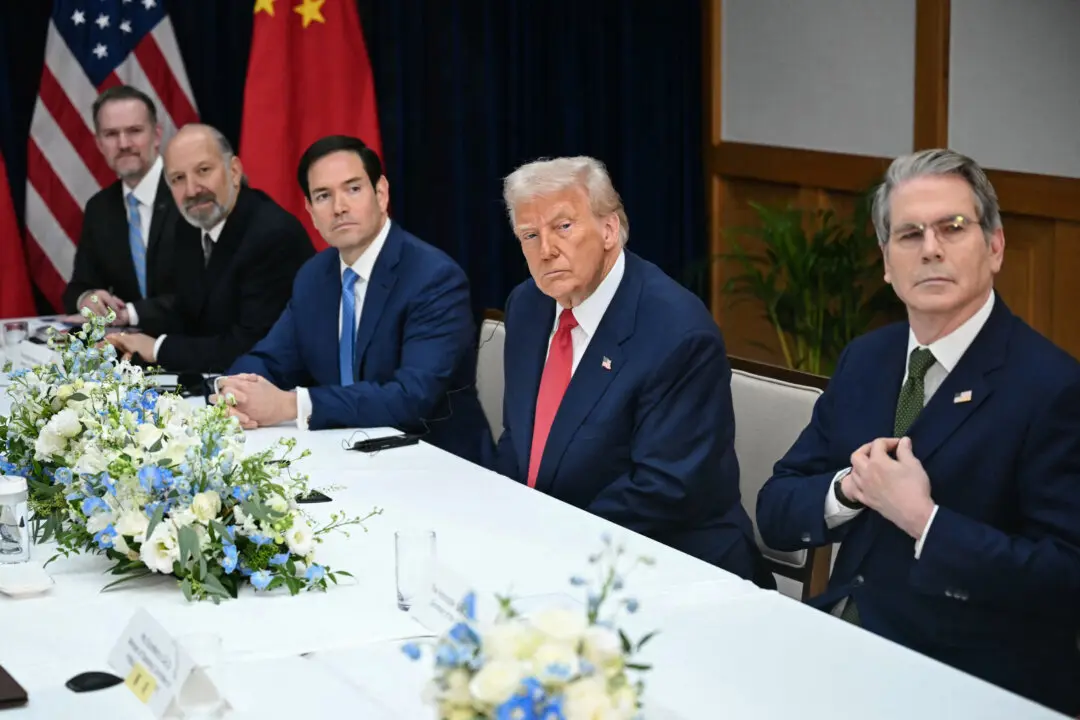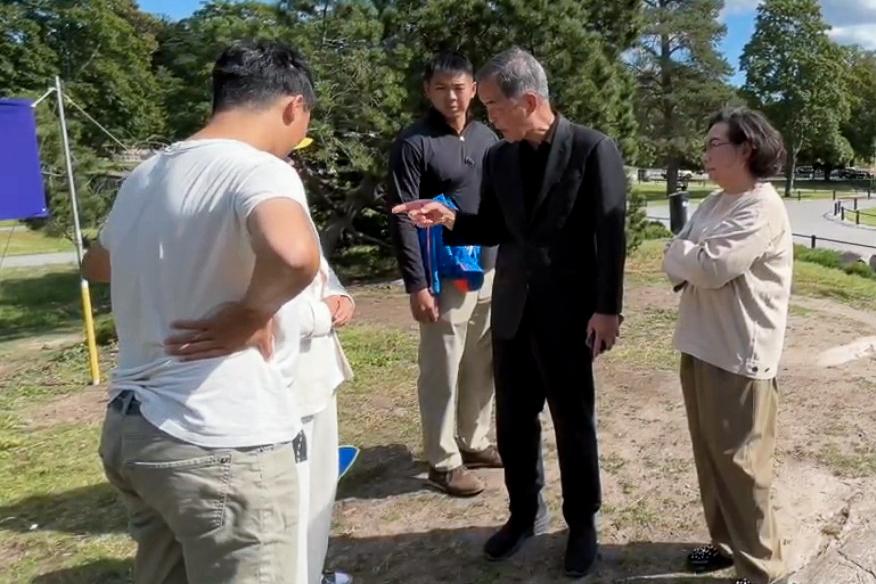Most Chinese would agree that the political campaigns launched in 2009 in Chongqing were among the most important political events in China last year.
The history of communist rule in China can be told in the record of the Party’s political campaigns. The most notorious of these exercises in state violence and indoctrination are the anti-rightist struggle of 1957, the Cultural Revolution of 1966–1976, and the persecution of Falun Gong beginning in 1999. All of the political campaigns have been nationwide and initiated at the center by the paramount leader—that is, until this year.
Chongqing, a municipality of 31 million people in central, western China, is one of four provincial-level municipalities in China (Beijing, Shanghai, and Tianjin are the others). Chongqing has been ruled for the past two years by Mr. Bo Xilai, the secretary of the Chinese Communist Party (CCP) Chongqing Committee.
Bo Xilai launched two campaigns, “promoting red culture” and “hitting the black,” which together are often referred to as “singing Red, hitting Black.”
“Promoting red culture” began in June 2008 with singing revolutionary songs and also included reading revolutionary classics and retelling revolutionary stories. In April 2009, it added sending text messages that promote the Party. Bo himself launched the text messaging part of the campaign with a text message sent to 13 million phones.
In spite of the use of text messaging, the campaign has the feel of something from an earlier era. Most of the “red songs” were written and sung 30 years ago. They represent the Mao era and promote the idea of “continuing revolution under the dictatorship of the proletariat.” This was the theory used by the CCP for the first 30 years of its rule to maintain its legitimacy. Beginning in 1979, however, the CCP officially abandoned that theory and switched its focus to the economy. The red songs were no longer considered appropriate.
The ‘black” in “hitting the black” usually refers to gangsters, and this campaign began in June 2009. The targets of this campaign are of two different types, the so-called gangsters, including the organizers of a protest by taxi drivers, and corrupt Party and state officials. Recently, the lawyers who took the cases of those who have been accused have been included in those swept up.
This campaign obviously has the effect of killing two birds with one stone: winning the support of the people who are tired of rising crime, while defaming Bo’s predecessor, Mr. Wang Yang, now secretary of the CCP Guangdong Committee. The accused are mostly Wang Yang’s trusted officials.
The arrests and trials in this campaign don’t go through the regular legal process, but instead through political channels. Lawyers in China believe the campaign is a political event, not a law-enforcement action.
High Stakes
In starting these two campaigns, Bo has done what no local official has ever done. In a system in which the Party’s monopolies on violence and propaganda are the mainstays of its power, he has broken ranks. He seems to be gambling his career.
There are two explanations: Bo may have acted on his own, or someone in the top leadership instructed him to do this.
Bo had reasons for taking a bold step. He may think he has been rapidly losing the chance to join China’s top leadership. Bo is one of a cohort of three officials who became acting governors around the same time. Bo became governor of Liaoning Province in 2000, Mr. Xi Jinping of Fujian Province in 1999, and Mr. Li Keqiang of Henan Province in 1998. All three were born around 1950 and so are almost the same age.
Bo stepped up from Liaoning Province to become the minister of commerce, which seemed to give him more power in booming economic times. But then in 2007, his political career stalled, compared to the careers of Xi and Li, who joined the standing committee of the politburo of the CCP Central Committee, the most powerful decision-making body in China.
With this promotion, the road is open for them to become the next generation of China’s leaders. At the same time, Bo became the party leader of Chongqing, a post not associated with being a candidate for the future leadership. He needed a miracle to change his fortunes and put himself back on center stage.
His two campaigns can be seen as a noisy way of raising his profile nationally by showing that he can lead.
At the same time, analysts believe his ambition is given an edge by a sense of entitlement and a feeling of resentment. Bo is a “princeling,” the son of one of the Communist Party members who first took power in China. He and others of his generation feel the rule of China belongs to them, and they look jealously on figures like Hu Jintao, China’s current paramount leader, and Li Keqiang, who achieved power without such a family background.
From the Top
Another possibility is that someone in the top leadership instructed Bo to launch these campaigns as part of the ongoing power struggle for the rule of China.
Analysts differ on who would have most likely used Bo as a cat’s-paw. Some say that it was Zhou Yongkang, the former minister of Public Security and current secretary of the Central Political and Law Committee, which oversees the whole legal system in China for the Party. Zhou represents in the Politburo the interests of Jiang Zemin, China’s former paramount leader who contests with Hu Jintao and his faction for power.
On the other hand, according to a report in the Jamestown Foundation’s China Brief that quotes Hong Kong newspaper reports, Bo’s Chongqing “anti-triad tornado” was approved by Hu Jintao himself.
In either case, the situation reveals a power struggle at the top.
If Bo did it by himself, he has directly challenged the top authorities. In China, the important question is not whether a policy is right or wrong, it is who makes the policy.
If top leaders ordered Bo to take this step, then top leadership needs to use provincial-level resources to exercise its authority, which is a sign that the central CCP leaders are losing control, or their power is breaking down.
This has only happened in communist China once before. In 1965, Mao felt that he risked losing his power to Liu Shaoqi and other leaders and tried to strike first. But he encountered resistance in Beijing. He arranged for the review of a play that was understood to have strong political implications to be published in a Shanghai newspaper. This review is considered to be the launching of the Cultural Revolution.
History often repeats itself. Before the collapse of China’s last dynasty, the Qing Dynasty, the Manchu rulers in Beijing lost the control of the provincial governors and military officials. When the Wuchang uprising started in 1911, more than a dozen provinces immediately joined. Many were led by the former provincial governors and military leaders, and many of these became warlords in the early Republic of China.
Bo Xilai’s two campaigns signal the rising of provincial political power in China, which is a bad sign for the Chinese Communist Party regime.
